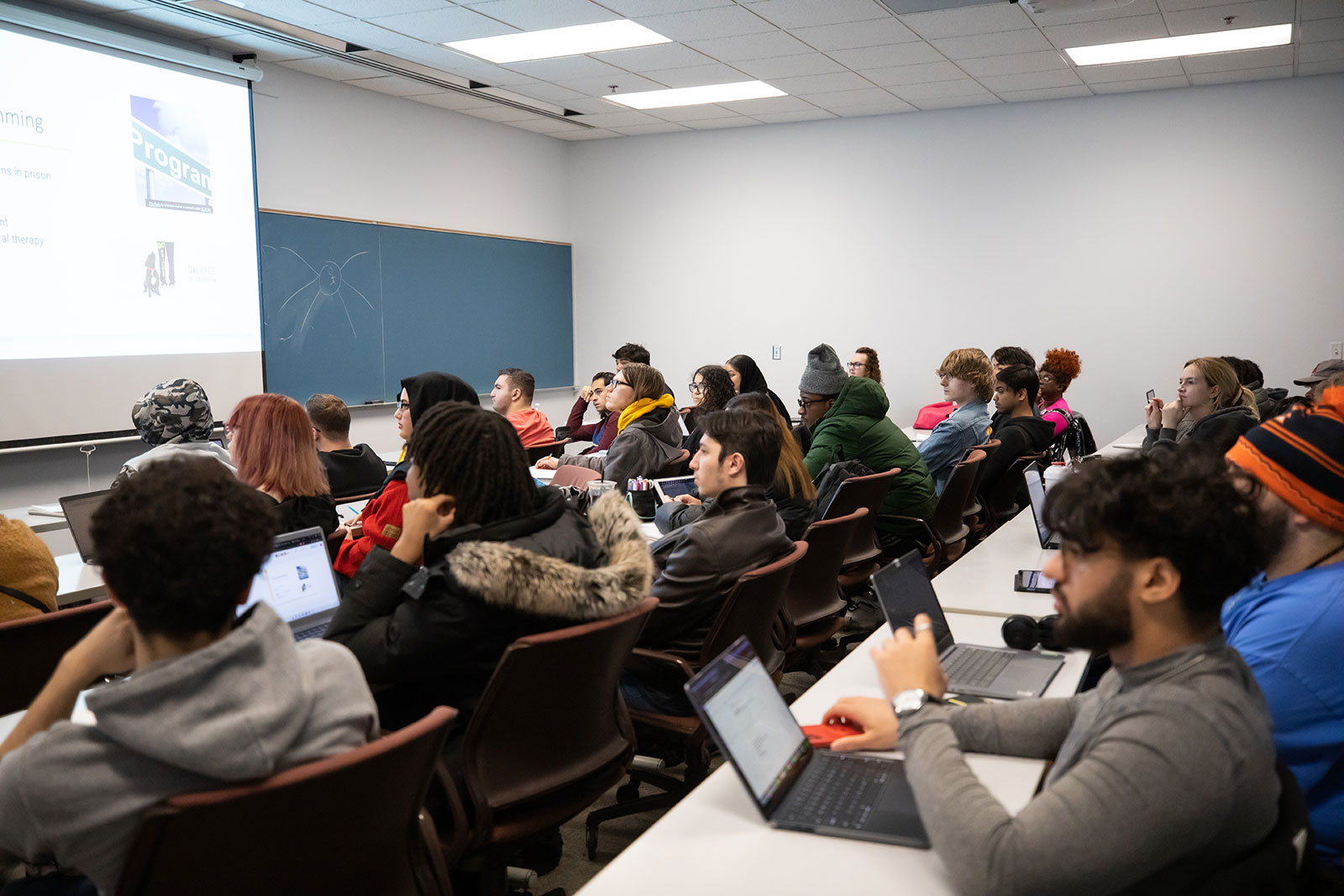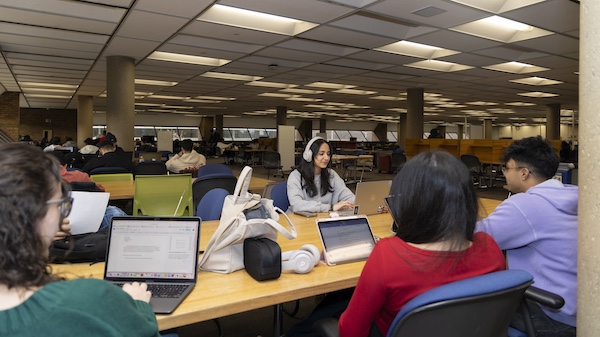Related Resources
From Urban Politics to the Israeli-Palestinian Conflict
 Political science is about power: who has it, how they use it, how they retain it, and how they respond to efforts to wrest it away. It explores the complexities of political systems, behaviors, and ideologies along with some of today’s hottest topics: Should women have the right to get an abortion? How does society keep police officers accountable? What should the United States do to protect democracy at home and advance human rights abroad? When will political leaders take meaningful action on climate change?
Political science is about power: who has it, how they use it, how they retain it, and how they respond to efforts to wrest it away. It explores the complexities of political systems, behaviors, and ideologies along with some of today’s hottest topics: Should women have the right to get an abortion? How does society keep police officers accountable? What should the United States do to protect democracy at home and advance human rights abroad? When will political leaders take meaningful action on climate change?
As a political science major at the University of Michigan-Dearborn, you’ll study three broad areas:
- American politics (including political institutions, behavior, and public policy)
- Global politics (including comparative politics and international relations)
- Political theory
Where a Political Science Degree Will Take You
A political science degree from UM-Dearborn opens a broad swath of potential career paths. It prepares you for careers in public administration, public policy analysis, lobbying, journalism, political consulting, law, and elected office at the local, state, and federal levels as well as careers in education. It also lays the groundwork for graduate studies leading to teaching, research, or administrative positions at the university level.

